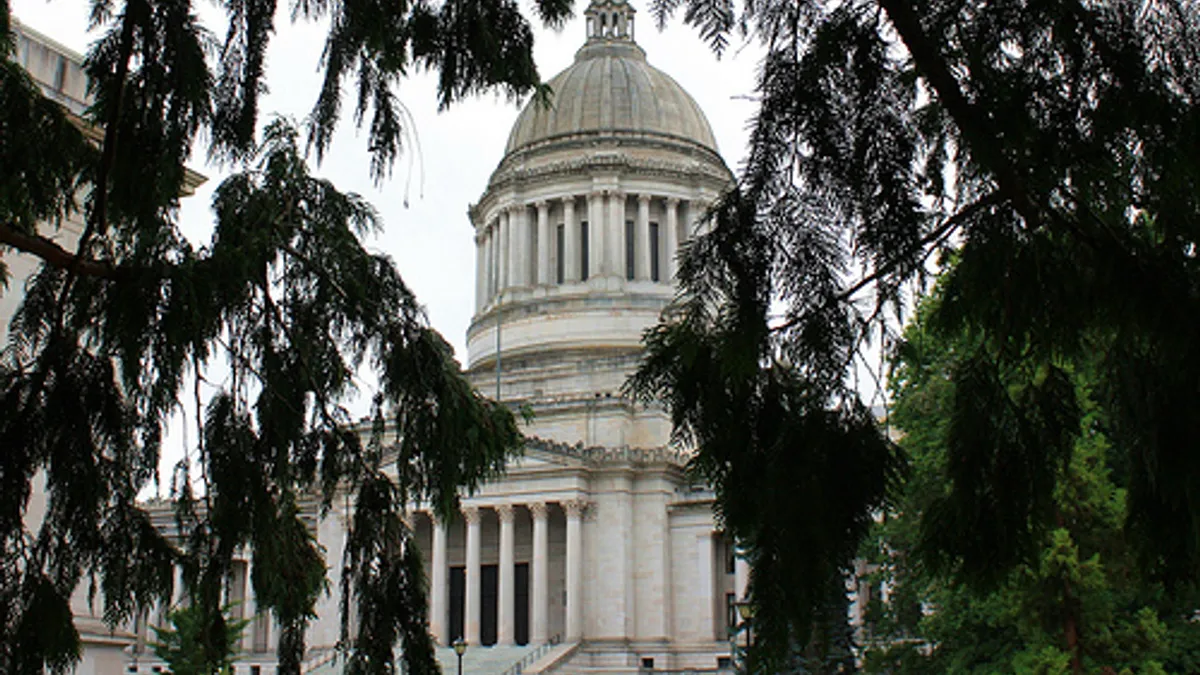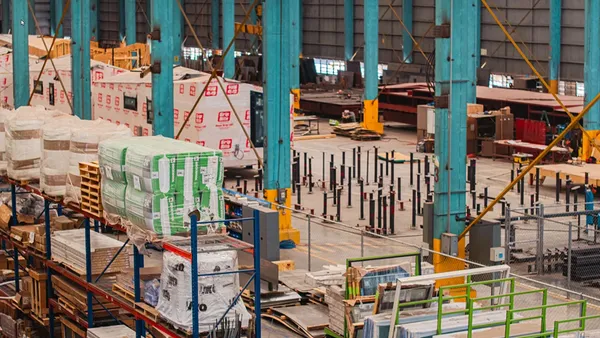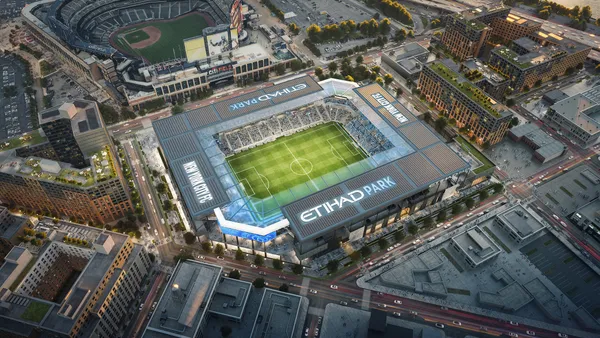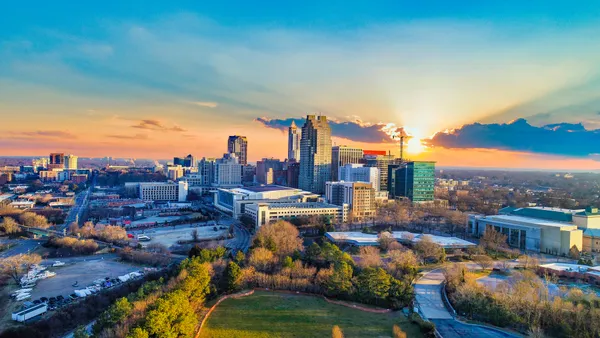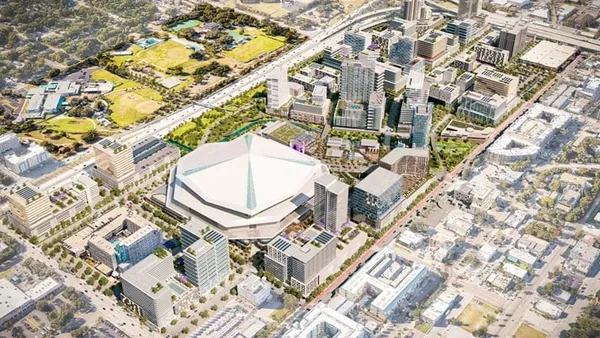Dive Brief:
- With a unanimous 94-0 vote, the Washington House of Representatives passed a $4.6 billion 2019-2021 capital construction bill, according to a press release from the state's House Democrats.
- The biennial, bipartisan measure sets aside record amounts for public schools, colleges and universities — $1.1 billion for K-12 construction and $927 million for higher education. The bill also includes more than $350 billion for mental illness and addiction facilities; $155 million for affordable housing; $463 million for aquaculture projects; and $30 million for rural broadband internet access.
- Bond revenue will pay for more than 67% ($3.1 billion) of the capital budget. The Senate will now work on its version of the capital budget and then lawmakers will reconcile that version with the House measure. They must come to an agreement by April 28, which marks the end of the current session.
Dive Insight:
The state’s $10 billion 2019-2021 transportation budget is in the conference stage. The bill provides for new projects but also continues to fund the $16 billion 2015 Connecting Washington program, which includes more than $9 billion for highway and road construction, almost $1.5 billion for state highway maintenance and more than $1 billion for bike paths, rail, walkways and other transit initiatives.
It’s easy to see why state transportation and construction bills win bipartisan support — they are opportunities for legislators to bring home job-generating projects to their districts.
The same goes for federal spending. Most everyone agrees that there are critical infrastructure projects that need to be addressed, and despite the massive political divide that exists when it comes to many issues, the Democrats, Transport Topics reported, say they are willing to talk with President Donald Trump's administration about infrastructure once again.
Infrastructure was one of the linchpins of Trump’s 2016 presidential campaign but was shelved while the administration pursued other issues like healthcare and tax reform. When the White House finally made a move on infrastructure early last year, it lacked enough support to gain the necessary traction.
This year, the president’s budget proposal includes $200 billion for infrastructure spending, the same amount of seed money he offered up in his last budget. Ostensibly, this amount would supplement private and local government investments and increase total money spent on infrastructure to between $1 trillion and $1.5 trillion.
There are some more straightforward investments toward infrastructure in the new budget as well, although U.S. DOT funding declined 22% overall. Highway spending would increase 2% to $46.4 billion, and funding for the DOT’s Better Utilizing Investments to Leverage Development (BUILD) grant program for surface transportation projects would go up 11%. Infrastructure for Rebuilding America (INFRA) grants are in line for $1 billion.


